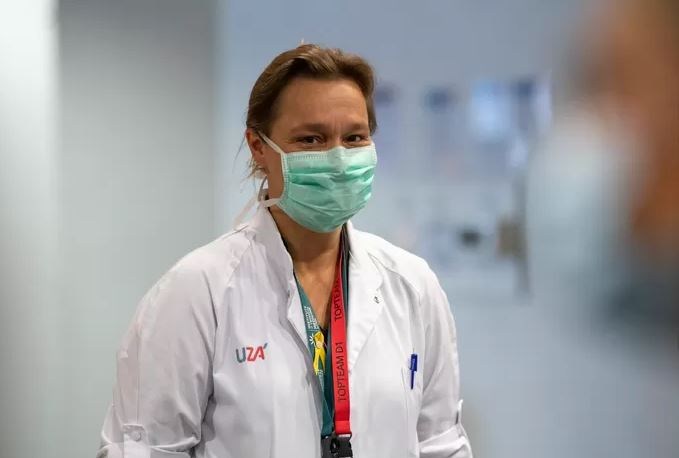Belgium has "no solid plan" to handle a possible third wave of coronavirus infections, infectious disease expert Erika Vlieghe said in the special committee investigating the approach of the epidemic on Friday.
A second wave of infections was expected, according to Vlieghe, but "if we had intervened more quickly, as early as September, it would have been smaller, and we would be in calmer waters now," she said.
Once again, she said, "there is no solid plan" to deal with a possible third wave. People should permanently be monitoring the situation, and working on solutions, "just as the army is always ready for war."
A strategic stock of medical equipment and medication should be prepared, and a generic plan to scale up testing centres and contract tracing, for example, should be ready if it is needed again.
Related News
- Belgium's coronavirus deaths rise above 17,000
- Belgium's rules won't change again this year, warns De Croo
- Belgium reveals coronavirus vaccination strategy
In the run-up to the second wave, Vlieghe saw a similar situation to the one before the first wave, she said.
"There was no bigger plan and it was not clear who was the captain of the ship," Vlieghe said. "Only the hospitals were able to show the necessary flexibility because they had contingency plans ready. Having generic preparations ready can get you very far."
The biggest issue was and is the fragmentation of the responsibilities, she said, referring to Belgium's eight ministers for public health. "Despite everyone's goodwill, this is at best a delaying factor, but at worst, it is a killing one."
Vlieghe stressed that she did not want to place the blame on one particular level, as everyone tried to do their bit. "But everyone referred to each other. There was no efficiency," she said, adding that she hopes that swift action can be taken, if it turns out to be necessary in the future.
Maïthé Chini
The Brussels Times

